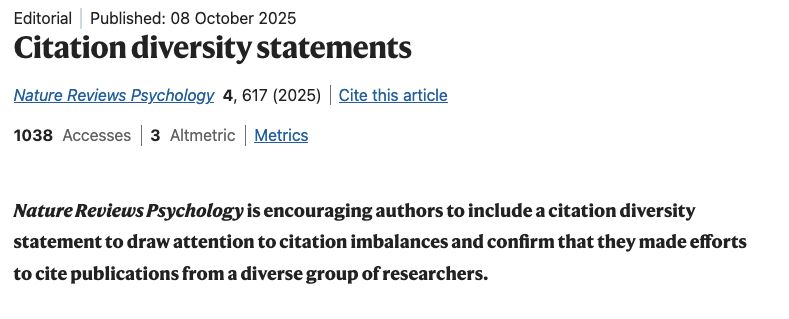assiduous reader
PhD in macroevolution, working on detecting the effect of competition on species' phenotypes with Phylogenetic Comparative Methods (with fossil data)

Here are 10 open PhD opportunities from across the palaeo world 🦖📚
Explore the projects, find deadlines, and start your research journey!
👉 More info on our official website:
palass.org/phd-opportun...
#PhD #PalAss #Opportunity




Here are 10 open PhD opportunities from across the palaeo world 🦖📚
Explore the projects, find deadlines, and start your research journey!
👉 More info on our official website:
palass.org/phd-opportun...
#PhD #PalAss #Opportunity
@es-ucl.bsky.social

@es-ucl.bsky.social
It is competition funded through the CROCUS partnership, and involves a mix of palaeontology and comparative biology.
www.findaphd.com/phds/project...

It is competition funded through the CROCUS partnership, and involves a mix of palaeontology and comparative biology.
www.findaphd.com/phds/project...
www.tandfonline.com/doi/full/10....
www.tandfonline.com/doi/full/10....

Get in touch if you want to chat!


Get in touch if you want to chat!
mourn the collective loss of genius of folks who were actively discouraged or disadvantaged from a career in science because of the same person(s)
mourn the collective loss of genius of folks who were actively discouraged or disadvantaged from a career in science because of the same person(s)

Art: @nataliajagielska.bsky.social
🔗 www.science.org/doi/10.1126/...

Art: @nataliajagielska.bsky.social
🔗 www.science.org/doi/10.1126/...


Bayesian phylogenetic inference with BEAST2
📅 October 27 th – November 7th, 2025
💻 Online
#TScourses #KeepLearning

Bayesian phylogenetic inference with BEAST2
📅 October 27 th – November 7th, 2025
💻 Online
#TScourses #KeepLearning
🦴:
www.biorxiv.org/content/10.1...
The paper is still under review but the method is already available in BEAST 2 !

🦴:
www.biorxiv.org/content/10.1...
The paper is still under review but the method is already available in BEAST 2 !
New edition of the course: Bayesian phylogenetic inference with BEAST2.
📅 27th October – 7th November 2025 (Online)
#WeareTransmittingScience

New edition of the course: Bayesian phylogenetic inference with BEAST2.
📅 27th October – 7th November 2025 (Online)
#WeareTransmittingScience



🔗 www.bio.ens.psl.eu/depbio/spip....
#ERCStG

🔗 www.bio.ens.psl.eu/depbio/spip....
#ERCStG


